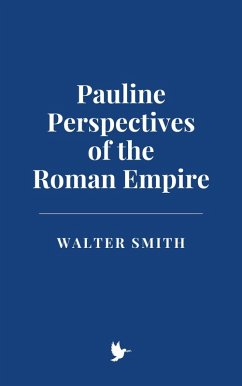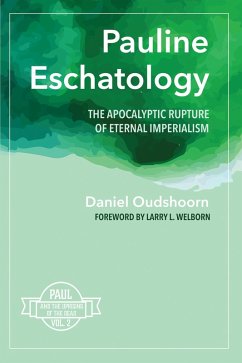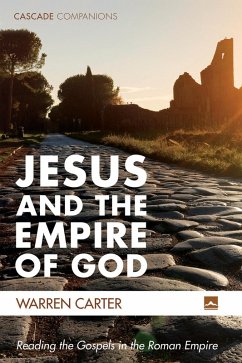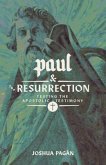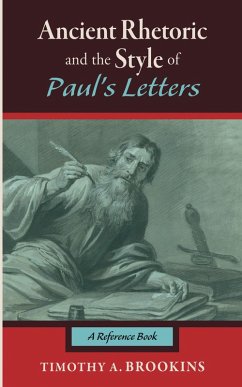The book begins with a comprehensive introduction to the Roman context during Paul's time, outlining the structure of the Roman Empire, its imperial cult, and its political and social systems. This background sets the stage for understanding the challenges Paul faced as he proclaimed a message that directly opposed the divinity of the emperor and the power dynamics of Roman society.
Chapters analyze Paul's theology of power, particularly in relation to the imperial cult and the broader Roman worldview. Key Pauline passages, such as Philippians 2:5-11, 1 Corinthians 1:18-25, and Romans 13:1-7, are explored to demonstrate how Paul reframes the understanding of powermoving away from the Roman conception of dominance and control to a model centered on humility, sacrifice, and service, embodied in the person of Jesus Christ. The crucifixion, a symbol of apparent weakness in Roman society, is revealed as the ultimate source of divine power and victory.
The book also explores Paul's teachings on the Christian relationship to the state, particularly his call for believers to live within the political structures of their time without succumbing to the oppressive systems that perpetuate injustice. Through an eschatological framework, Paul places hope in the ultimate triumph of God's kingdom, which will transcend and replace the earthly powers, including the Roman Empire.
Throughout the work, Paul's engagement with Roman culture and politics is framed as both a critique and a strategy. His use of Roman legal rights, particularly his appeal to Caesar in Acts 25, is presented as a way for Paul to further the gospel while navigating the legal complexities of Roman governance. This complex relationship between Paul, the Roman state, and the early Christian community is explored through both historical and theological lenses, showing how Paul's teachings laid the foundation for a radically different vision of power and authority in the world.
Ultimately, this book argues that Paul's critique of Roman imperialism is not just theological but political, offering a counter-narrative to the empire's claims of divine legitimacy and eternal rule. Through his letters, Paul redefines the nature of power, justice, and authority, offering a transformative vision for the early Christian community that continues to resonate today.
Dieser Download kann aus rechtlichen Gründen nur mit Rechnungsadresse in A, B, CY, CZ, D, DK, EW, E, FIN, F, GR, H, IRL, I, LT, L, LR, M, NL, PL, P, R, S, SLO, SK ausgeliefert werden.

